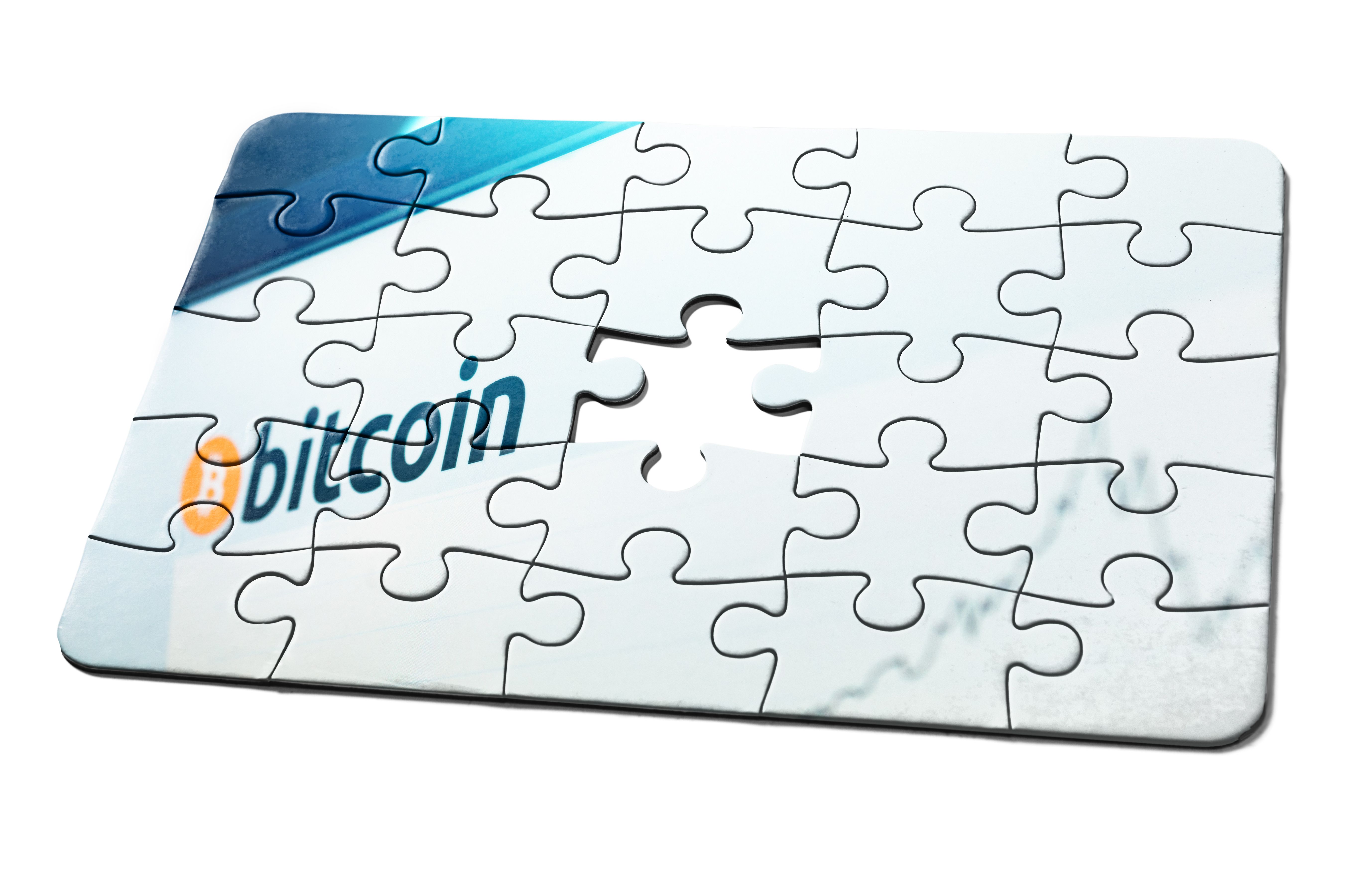Why Bitcoin is Considered the Hardest Money in the World
Understanding the Concept of Hard Money
Hard money refers to a currency that is durable, divisible, portable, uniform, limited in supply, and widely accepted. Throughout history, gold has been the quintessential example of hard money due to its scarcity and enduring value. However, in recent years, Bitcoin has emerged as a digital counterpart, often considered the hardest money in the world.
Bitcoin's design is rooted in principles that align closely with the characteristics of hard money. Its unique properties make it a compelling alternative in the digital age, offering a new form of financial security and integrity.

The Fixed Supply of Bitcoin
Scarcity and Predictability
One of Bitcoin's most defining features is its fixed supply. Only 21 million Bitcoins will ever be mined, making it inherently scarce. This contrasts sharply with fiat currencies, which central banks can print at will, leading to inflation and devaluation over time. Bitcoin’s predictable supply adds a layer of certainty that is absent in traditional currency systems.
This scarcity is algorithmically enforced, ensuring that no more than the capped amount can ever exist. The predictable issuance schedule of Bitcoin ensures that new coins are introduced at a decreasing rate, culminating in complete issuance by approximately 2140.

Decentralization and Security
The Role of Blockchain Technology
Bitcoin operates on a decentralized network powered by blockchain technology. This decentralized nature means that no single entity has control over the entire network. Instead, thousands of nodes globally maintain and verify the blockchain, ensuring security and transparency.
This decentralization prevents manipulation and provides a level of security that is unrivaled by centralized systems. Transactions are verified through a consensus mechanism known as proof-of-work, which makes altering past records virtually impossible.

Durability and Portability
Digital Resilience
Unlike physical currencies or commodities like gold, Bitcoin is entirely digital, providing significant advantages in durability and portability. It cannot be destroyed or degraded over time like physical money or assets might be.
Moreover, Bitcoin can be sent across borders quickly and with minimal cost compared to traditional banking systems. This ability to move funds seamlessly around the world enhances its utility as a global currency.
Divisibility and Accessibility
A Currency for Everyone
Bitcoin's divisibility is another key feature that contributes to its status as hard money. A single Bitcoin can be divided into 100 million smaller units called satoshis. This high level of divisibility makes it accessible for transactions of varying sizes, catering to both large and small-scale exchanges.
As digital infrastructure continues to expand globally, access to Bitcoin becomes increasingly feasible for populations previously excluded from traditional financial systems. This inclusivity broadens its appeal and usability as a currency for the masses.

Resistance to Censorship
Empowering Financial Freedom
Bitcoin’s decentralized nature also offers resistance to censorship. Unlike traditional banking systems where accounts can be frozen or funds seized, Bitcoin transactions are peer-to-peer and do not rely on central authorities. This makes it an attractive option for those seeking financial autonomy and protection from government interference.
This characteristic is particularly important in regions with unstable political climates or where financial systems are under strict governmental control.
The Future of Money
As we move further into the digital era, Bitcoin's role as hard money becomes increasingly relevant. Its unique properties position it as a revolutionary force in the financial world, challenging traditional notions of currency and value.
While debates continue about its volatility and regulatory challenges, Bitcoin's potential to redefine how we perceive and use money is undeniable. As more individuals and institutions recognize its benefits, Bitcoin's acceptance as the hardest money may only grow stronger.
